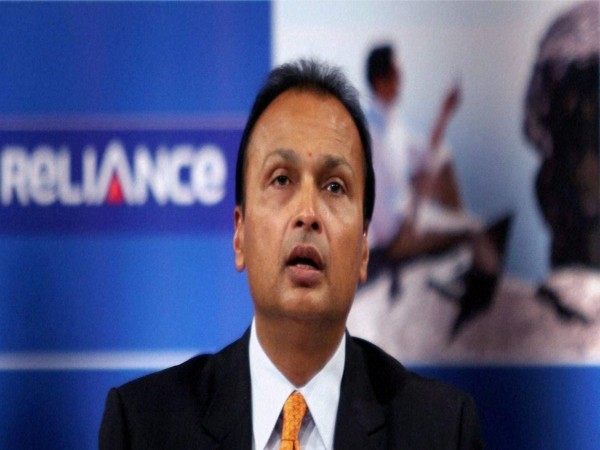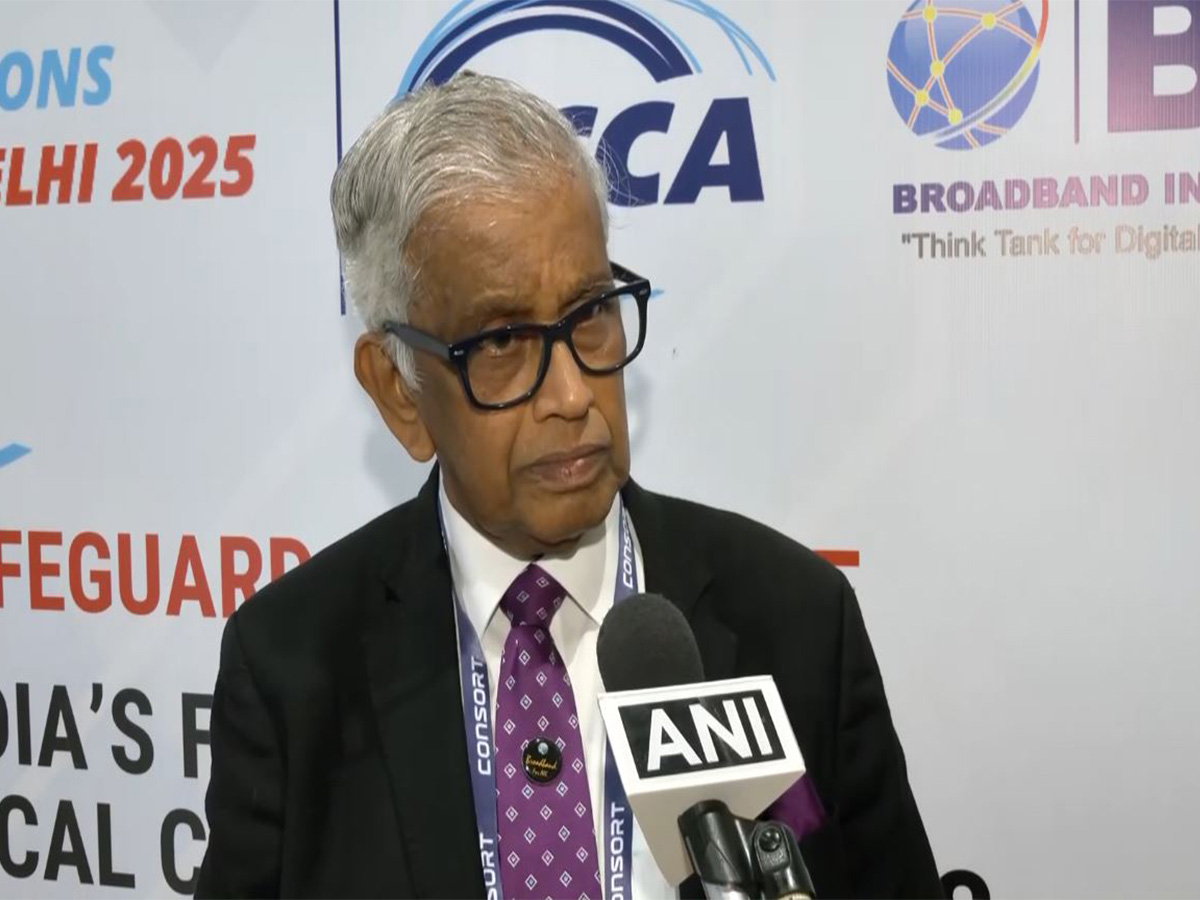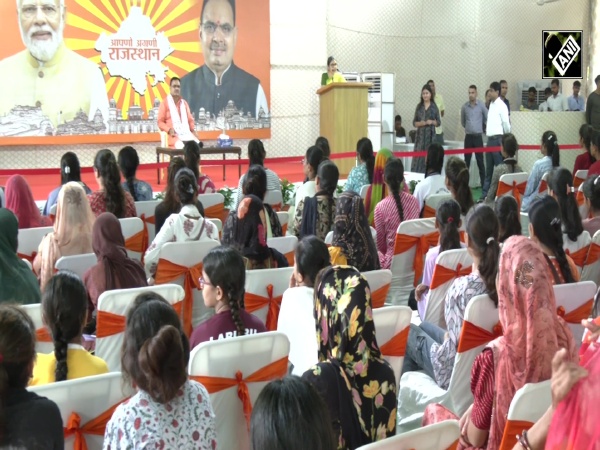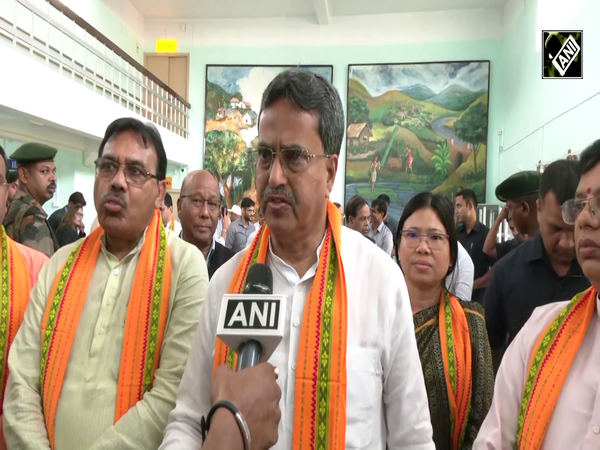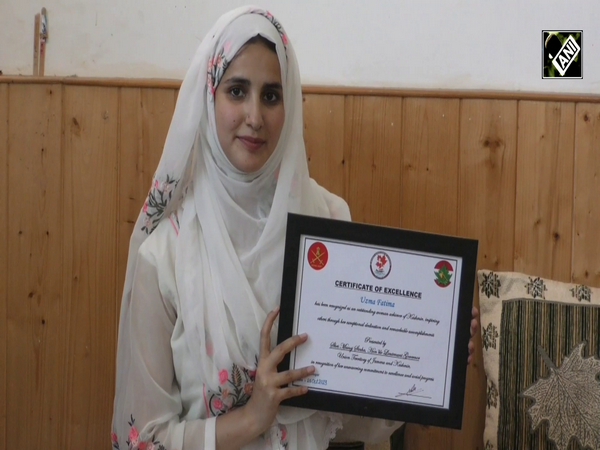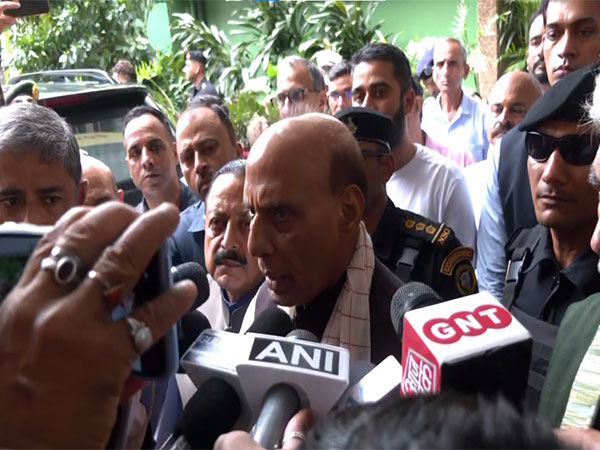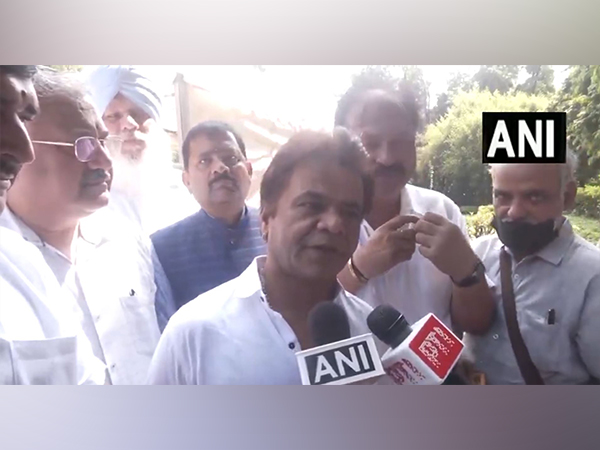
CII releases landmark report on "Policies for a Competitive India" with over 250 reform recommendations
Aug 24, 2025
New Delhi [India], August 24 : The Confederation of Indian Industry (CII) on Sunday unveiled its flagship policy blueprint "Policies for a Competitive India", setting out a comprehensive reform roadmap to accelerate India's transformation into a globally competitive economy.
The report presents over 250 actionable recommendations across 14 critical reform areas.
Developed through wide-ranging consultations with industry leaders, economists, and policy experts, the blueprint is aligned with the Government's Viksit Bharat vision. Its release comes at a pivotal time, as the Prime Minister has called for bold, second-generation reforms to unlock India's full potential.
The comprehensive 14-point reform agenda aimed at accelerating India's economic growth and competitiveness.
The agenda begins with macroeconomic policy, emphasising fiscal prudence, effective inflation management, and modernised statistical systems. In public sector reform, CII advocates for the privatisation of non-strategic public sector enterprises (PSEs), the creation of a Sovereign Wealth Fund, and stronger governance mechanisms. To enhance regulatory efficiency, it recommends mandatory impact assessments to ensure new regulations are evidence-based.
Improving the ease of doing business is a key focus, with proposals such as decriminalising minor violations, introducing time-bound approvals, enabling single-window clearances, and implementing second-generation reforms to the Insolvency and Bankruptcy Code (IBC).
Factor market reforms include digitised land titling, streamlined labour codes, a coherent minimum wage framework, and fast-track dispute resolution.
In energy policy, CII calls for competitive tariffs, removal of cross-subsidies, improved transmission infrastructure, private sector participation in nuclear energy, and a roadmap for green hydrogen development.
For judicial reform, the agenda promotes quicker dispute resolution through expanded commercial courts, arbitration councils, and better oversight of tribunals. Tax policy proposals involve simplifying the GST structure, expanding its coverage to petroleum and real estate, ensuring predictability in personal taxation, and modernising customs procedures.
Under trade policy, the CII suggests a rationalised tariff structure, better Free Trade Agreement (FTA) utilisation, stronger investment provisions, and a focused e-commerce export strategy.
To strengthen manufacturing, the agenda highlights the need to support mid-sized firms, develop industrial corridors, and enhance freight connectivity.
For MSMEs, it proposes phased compliance processes, deeper Udyam portal integration, greater technology collaboration, and the introduction of a second-tier patent system.
On sustainability, it calls for integrating industry into climate adaptation efforts, creating digitised climate data systems, and promoting sustainability-linked procurement.
The employment and livelihoods section recommends a National Employment Policy, a Gig Economy Policy, and targeted job creation in underdeveloped districts.
Lastly, in urban transformation, CII suggests modernising urban planning institutions, strengthening municipal finances, promoting affordable housing, and building sustainable urban systems to support the country's growing cities.
Rajiv Memani, President CII, stated, "These recommendations are closely aligned with the Government's reform trajectory and are in support of the Prime Minister's call for bold and transformative change. As a live document, Policies for a Competitive India will continue to evolve, bringing fresh ideas to support policymakers."
Over the last decade, India has witnessed historic reforms, including the Goods and Services Tax (GST), corporate tax rationalisation, digitisation of governance, and progressive trade agreements. These have strengthened macroeconomic stability and positioned India as a trusted global partner. However, rising geopolitical shifts and the twin transitions--green and digital--demand that India further deepens reforms to sustain high growth and global competitiveness, said the industry body.
"Policies for a Competitive India is not just a compilation of ideas; it is a national blueprint that brings together over 250 actionable reforms to raise India's competitiveness. These measures--spanning macroeconomic stability, factor markets, energy, trade, and sustainability--are designed to deliver inclusive growth and position India as a global leader," said Chandrajit Banerjee, Director General, CII.
The CII added that these reforms will drive growth, job creation, resilience, and sustainability--positioning India to achieve its goal of Viksit Bharat and global leadership.

